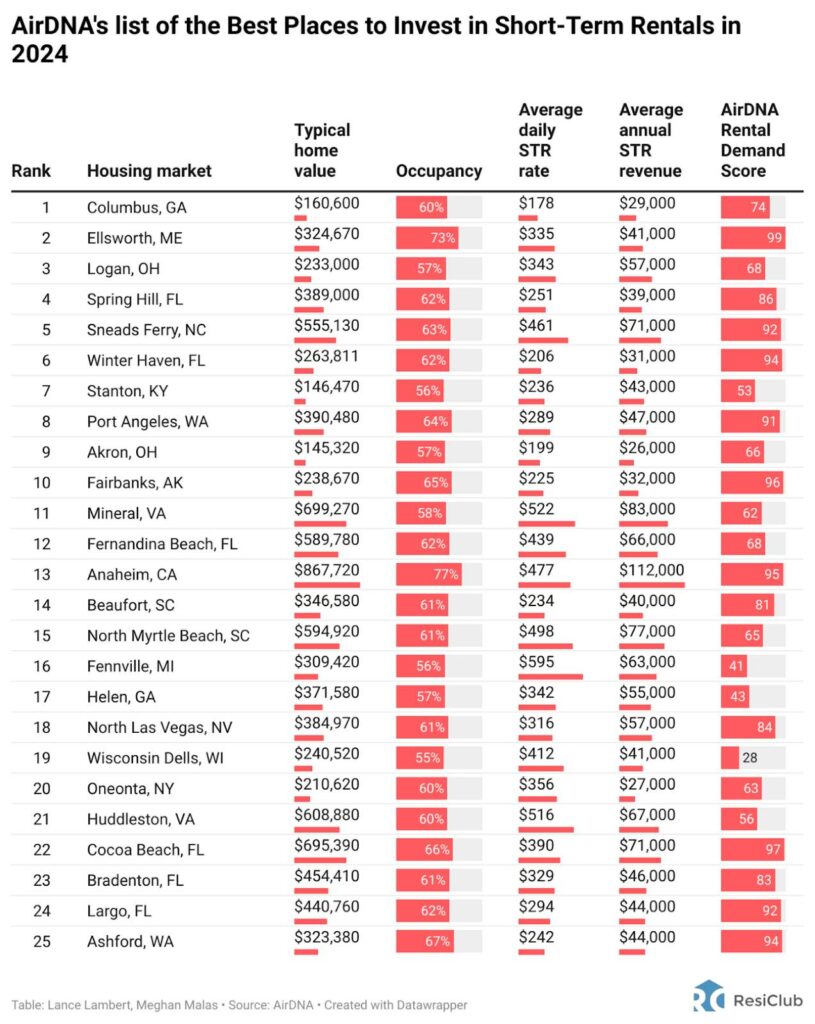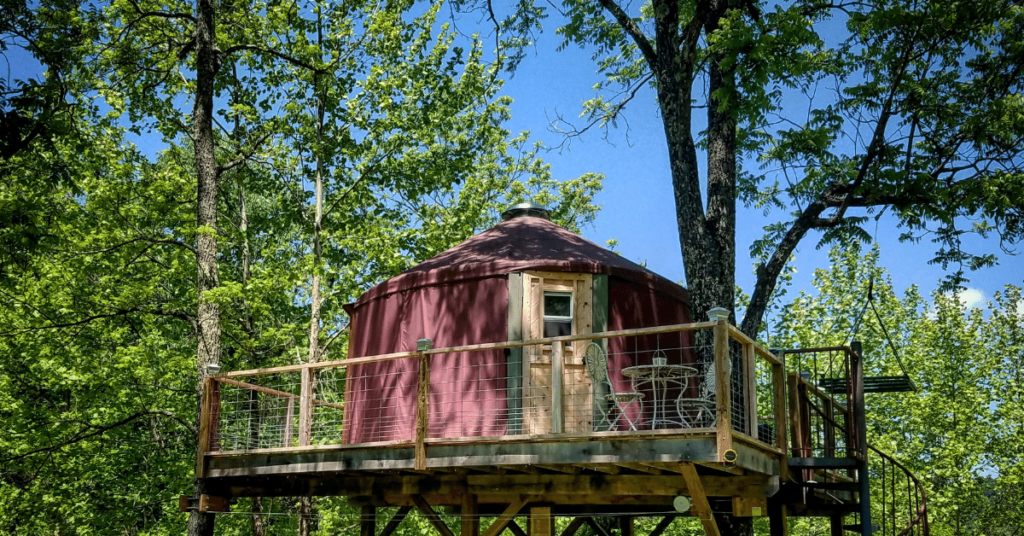Communities across the country are placing more limits on Airbnbs and other short-term rentals as they have continued to pop up with exponential growth. These communities have cited concerns with affordability impacts on the housing market, shifting neighborhood character, natural resource impacts, and more.

At Mountain Association, we have been monitoring short-term rental growth impacts on Eastern Kentucky. In 2024, Stanton, KY in the Red River Gorge of Eastern Kentucky was ranked as the #7 most profitable place in the country to invest in a short-term rental. In fact, recent growth in short term rentals in the Red River Gorge area caused water shortages in 2023 in Wolfe County, where communities were put on mandatory water conservation for several weeks while they figured out other sources for water. In interviewing local officials from the Gorge area, one stated: “Any home that sells – people are buying it and turning it into an Airbnb. It’s very difficult for local residents to buy long-term housing.”
In other areas of Eastern Kentucky, there is not enough housing to meet demand, especially with recent historic flooding that has emphasized how critical it is to have housing outside of a flood plain. Outside of housing market impacts, there are other concerns within the state. For example, the Kentucky League of Cities and the Kentucky Tourism Industry Association is actively suing Airbnb over tax collection issues – citing that of 16 short-term rentals within the City of Berea, only one was actively paying taxes.
With issues like this, we wanted to get more community insights to see what people were experiencing in their individual areas across the region. So as part of the April 2024 East Kentucky Leadership Conference in downtown Corbin, we organized a panel discussion on short term rental challenges and opportunities for our area. We brought in Amanda Haney, Codes and Planning Administrator with the City of Berea and Jessa Turner, Airbnb Superhost and Owner of HomeGrown HideAways in Madison County, to explore multiple topics related to short-term rentals. Following the panel, we held a Q and A to learn more from audience members.
“The top issues I see in my work are housing affordability, accessory dwelling units, and short-term rentals,” Haney said during the panel. Accessory dwelling units are smaller, independent homes on the same property as a primary residence – like a tiny home, for example. These units often cross over into becoming a short-term rental for many property owners.
Haney noted the importance of local zoning laws to ensure communities limit issues with residential properties. In Madison County, they recently enacted ordinances around short-term rentals to address concerns from their residents. So far, enforcement has not been an issue and the community has responded well.
From her experience, however, she sees Airbnb owners taking care and responsibility for their rentals.

“In Berea, we’ve been able to keep mostly local owners who want to have the best looking house on the block for their Airbnb. They live in the community and are invested in it.”
As the Airbnb Community Leader for Kentucky, Turner has had continued success with hosting her property in Madison County. What originally started as an Airbnb for a single yurt on her property has turned into multiple yurts, a cabin, a tree house, RV sites, and tent camping sites. Turner also sees Airbnbs as a net positive for a community but encourages short-term rental owners to actively build local networks and a community around tourism.
“Being a local owner and recommending other local businesses to your guests benefits all groups. Building a collaborative tourism community is a great way to ensure your own success and the success of collaborators.”
She also encourages prospective short term rentals owners to first connect with neighbors who will be impacted by your rental, and take active steps to prevent parties, disruptions and parking issues.
Resources
There are several resources available that communities can use to gain insight into what is happening in their local area and take steps to prevent issues down the line:
- Air DNA – Provides data on Airbnb occupancy rates, revenue, and market trends.
- Out of Reach – Check affordable rent for low income households and fair market rent to determine if new Airbnb takes available housing out of the region.
- Short-term rental regulation toolkit – A best practices guide to help local policymakers develop fair and balanced short-term rental regulations for registration, transient occupancy taxes, trust and safety, and data sharing (NOTE: this is developed by Airbnb themselves).
Please reach out to me, Samuel Tolliver, Mountain Association’s Policy and Research Coordinator to share any insights into what you are seeing or find more resources: samuel@mtassociation.org





